Pedagogical Files
In order to allow trainers to integrate the reading of ebooks into a pedagogical path, each ebook will be accompanied by its pedagogical file which will have as its objective:
- to contextualize the work, (context, author, scope…)
- explain the iconographic and possibly musical choices
- to refer to the original works (and thus to participate in the enhancement of the European heritage)
- to propose ways of exploiting the theme of the work, with associated content in particular.

The Trojan Horse
Introduction ‘The Trojan Horse’ is one of the most well-known episodes of the Trojan War, not only for its intriguing plot but also for its timeless symbolism. In the tale, we can find different themes such as: the warfare, military glory, deceit and lies....

The Fall of the House of Usher
Introduction Born in 1809 in the United-States, Edgar Allan Poe was a poet, a writer of novels and short stories, a playwright as well as a literary critic and a publisher. An outstanding short-story writer of the American Romantic era, he became known for his...

Theogony
Introduction The ‘Theogony’ (in Greek ‘Theogonia’) is a didactic or instructional poem written by the ancient Greek poet Hesiod. It details the origins of the universe and the battle between the Olympians and the Titans. “Theogony has a significant value...
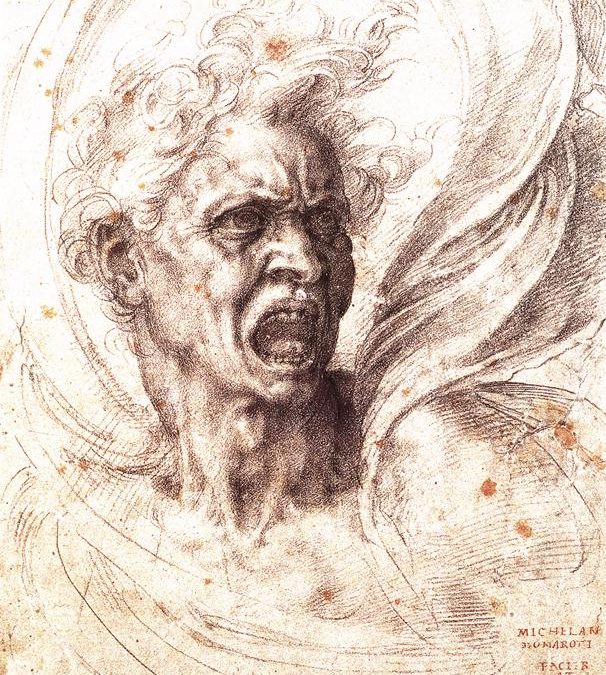
The Outsider
Introduction ‘The Outsider’ is a 1942 novel by French author Albert Camus. The title character is Meursault, an indifferent French Algerian described as a citizen of France domiciled in North Africa, a man of...
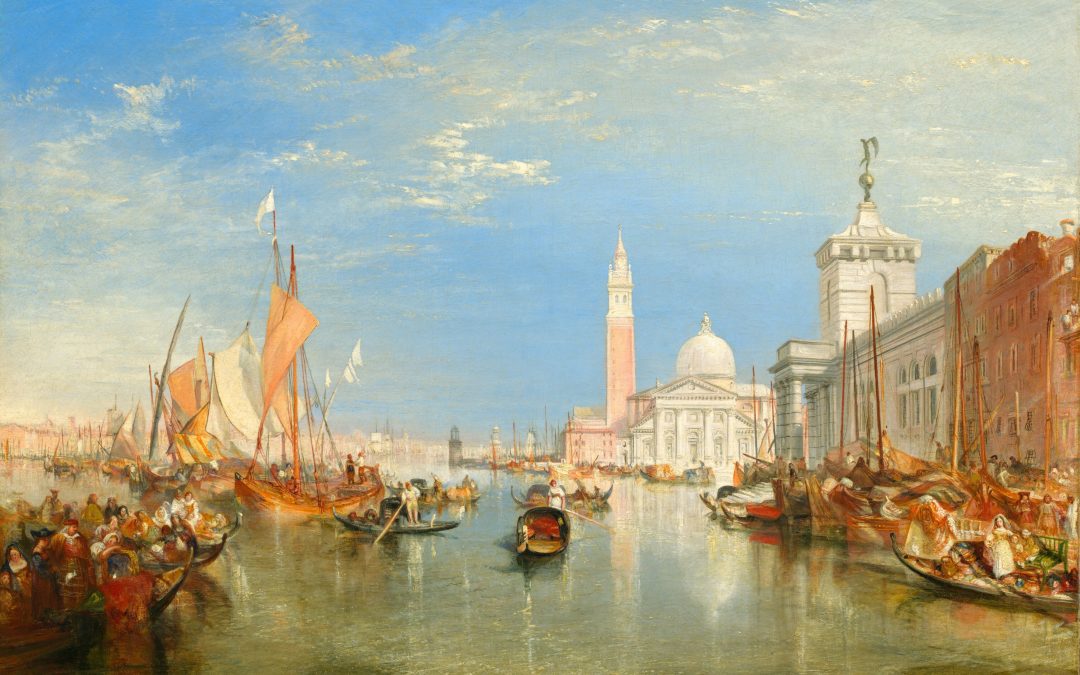
Othello
Introduction Othello is one of Shakespeare’s five best-known and widely studied tragedies. It is a tragedy, probably written in 1603, which is based on Venice and Cyprus. The story revolves around a main character, Othello, an officer of Venice’s...
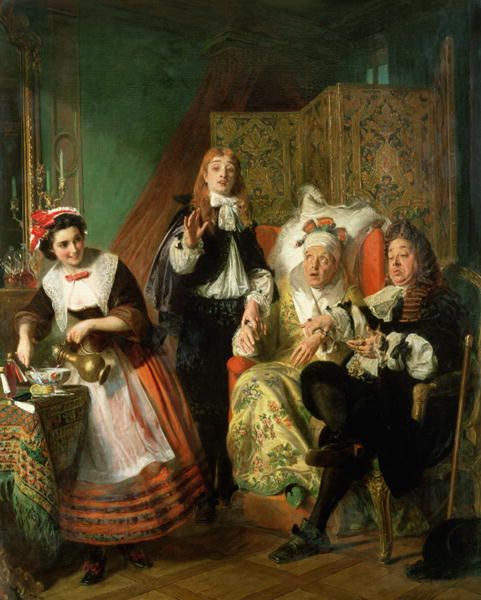
The Imaginary Invalid
Introduction The Imaginary Invalid A playwright and an actor, Molière is renowned mainly for his plays. In 17th century France, French theatre was more famous for its tragedies than its comedies, Pierre Corneille and Jean Racine mastering the genre. Comedies...
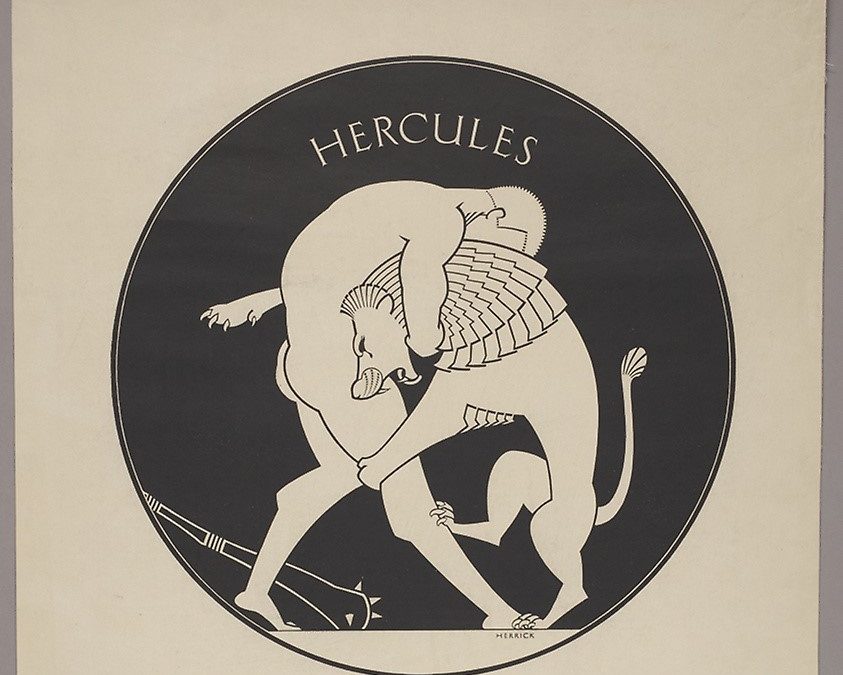
Hercules and the Nemean Lion
Introduction ‘Hercules and the Nemean Lion’ is considered as one of the most recognized myths of the Ancient Greek mythology. Peisander is the author of Heracleia, the collection of the twelve labours of Hercules. It is said that he is the one who set the...
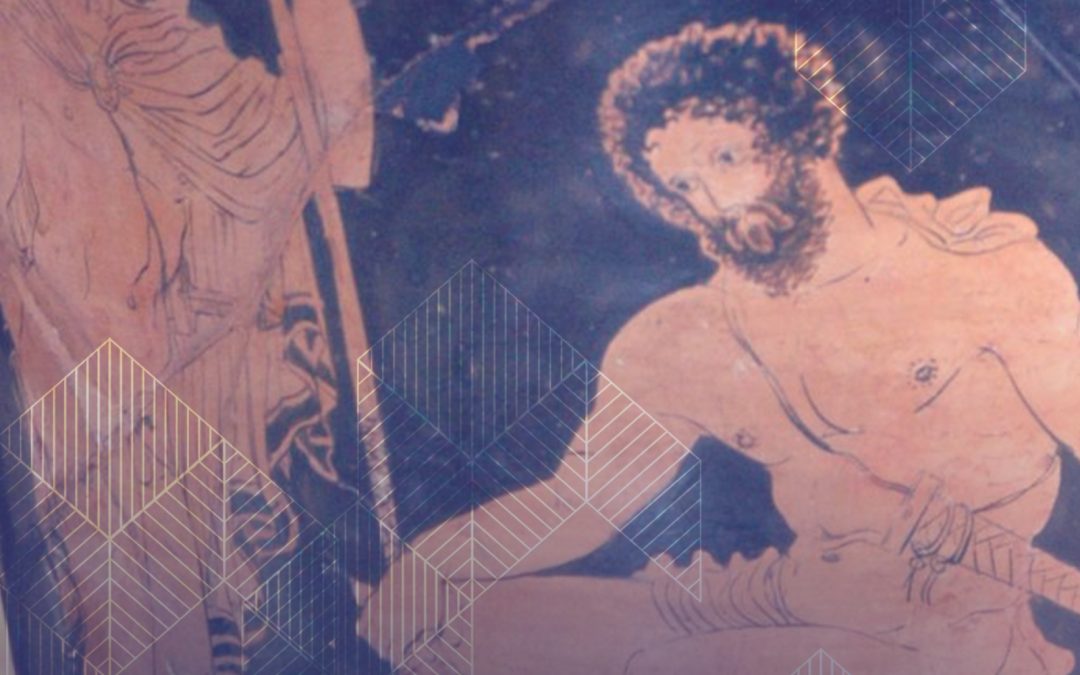
Odyssey
Introduction ‘The Odyssey’ is such a timeless story not only for its terrifying monsters, rip-roaring action scenes, and wealth of information on Mediterranean geography and legends but also because it involves the irresistible plot line of a worthy hero trying...
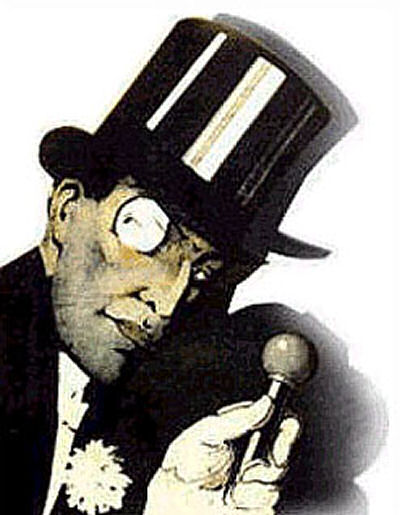
Madame Imbert’s safe
Introduction Arsène Lupin first appeared in July 1905 in the illustrated encyclopaedic magazine 'Je sais tout'. Lupin is what is called an anti-hero, a character who does not meet the conventional expectations and morality and to whom the readers get...
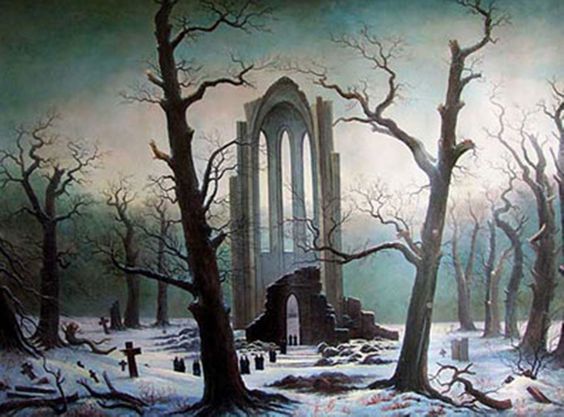
Frankenstein
Introduction Frankenstein, or the Modern Prometheus, written by Mary Shelley, is a giant in the world of English Literature. Regarded as one of the most relevant Gothic novel of the Romantic Period, Frankenstein has influenced more than just the culture sector....
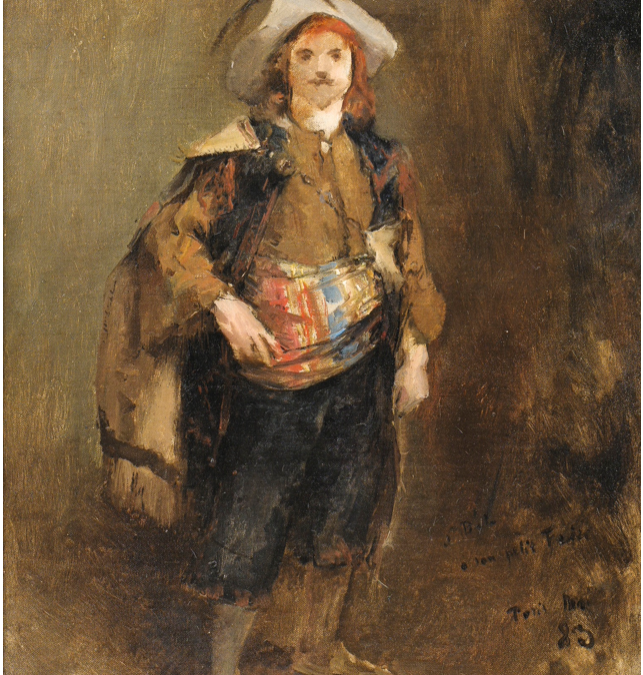
Cyrano de Bergerac
Introduction Why was this work chosen? Cyrano de Bergerac is a play written in 1897 by Edmond Rostand. There was a real Cyrano de Bergerac, and the play is a fictionalization following the broad outlines of his life. The entire play is written in verse, in rhyming...
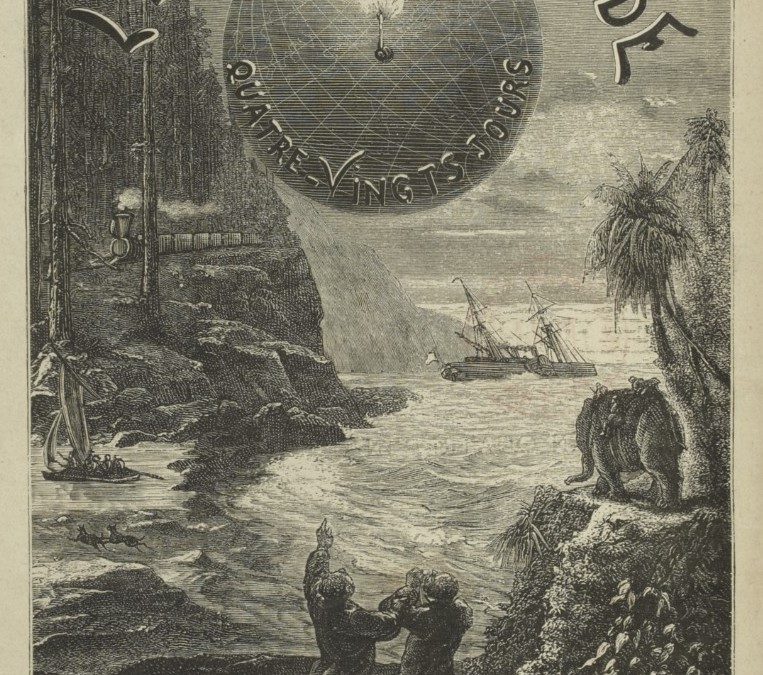
Around the world in 80 days
Introduction Around the world in 80 days is an adventure novel in the series of ‘Voyages Extraordinaires’ written by Jules Verne in 1872-73. The story tells the adventure of Phileas Phogg, a British gentlemen and his valet Passepartout, who embark on an...

Don Quixote
Introduction ‘Don Quixote’ is, by far, recognised as the most influential and celebrated novel in Spanish Literature. The book has been translated in more than 60 languages, and is still being printed, centuries later. It has brought some of the most important...
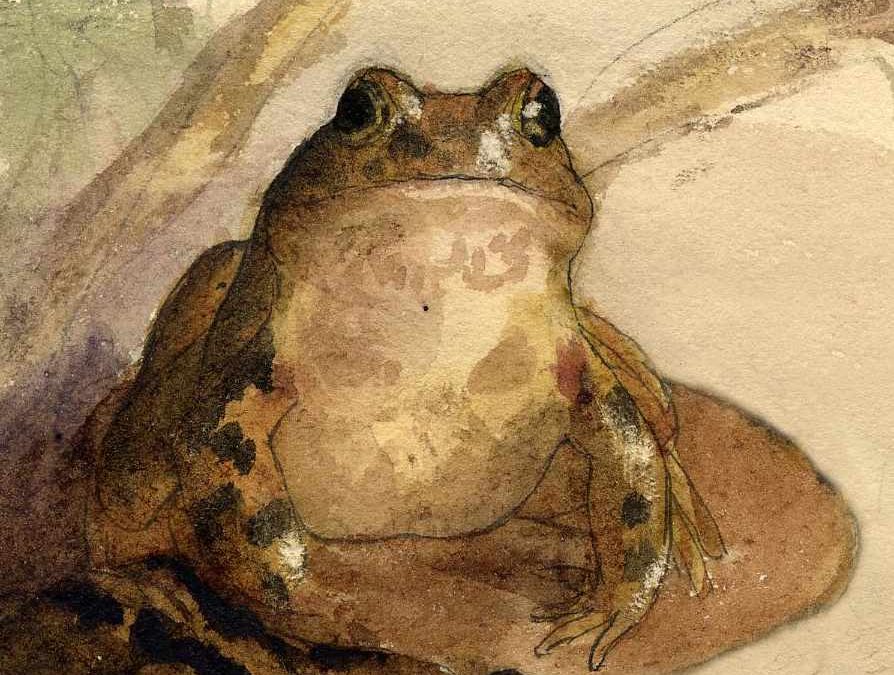
The frog who wishes to be as big as the ox
Introduction Jean de La Fontaine is a major author of French literature, of which he is considered one of the greatest poets. Many of his fables are extremely well known in the French-speaking world. More widely, he is a prominent figure in European heritage. An...
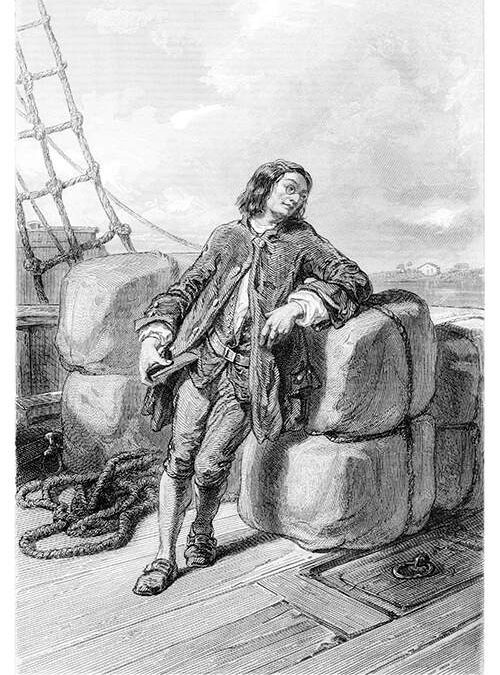
Gulliver’s Travel
Introduction Gulliver’s Travels is regarded as one of the most recognized classics of the English literature by Jonathan Swift. It was chosen as part of the BIBLIODOS project because it is said that the spectrum of the possible audience who can enjoy it starts from...
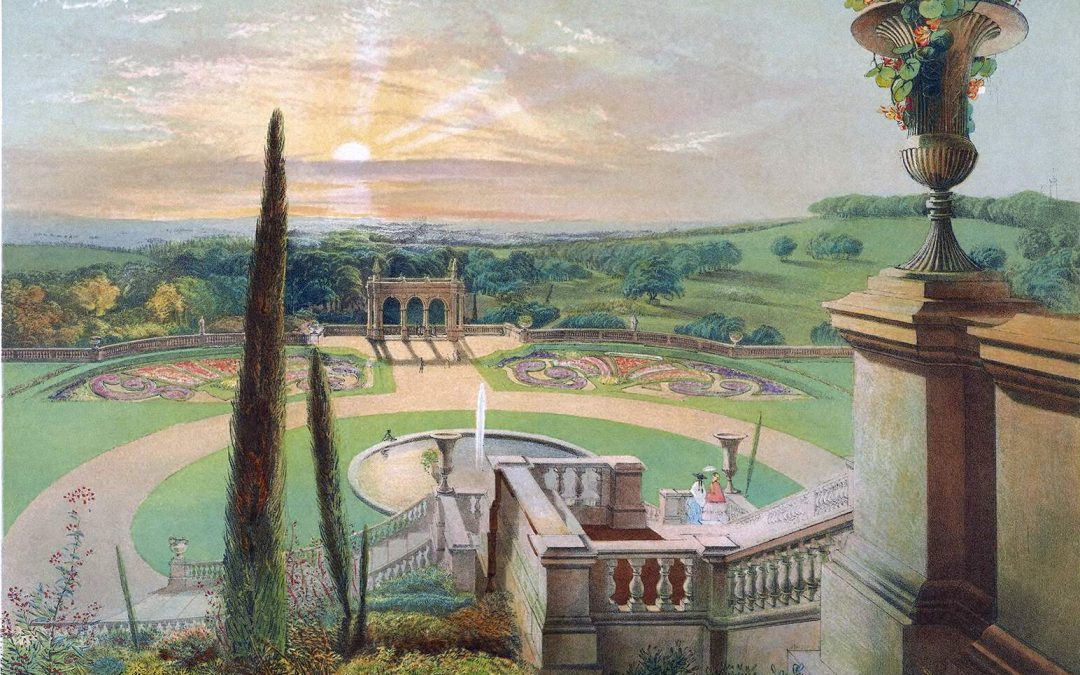
Pride and Prejudice
Introduction “Pride and Prejudice” is one of the most famous works written by Jane Austen. She was one of the few female authors of her time and her writing reflected the customs, relationships, morale and altogether English middle-class lives of the early 19th...
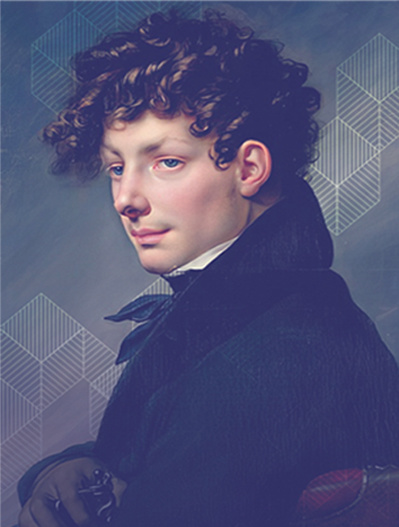
Bel-Ami
Introduction Why was this work chosen? « Bel-Ami » is one of the most famous novels by Guy de Maupassant, a leading author of 19th century French literature. Published in 1885, this novel is a masterpiece of the so-called "realist" literary and artistic movement,...